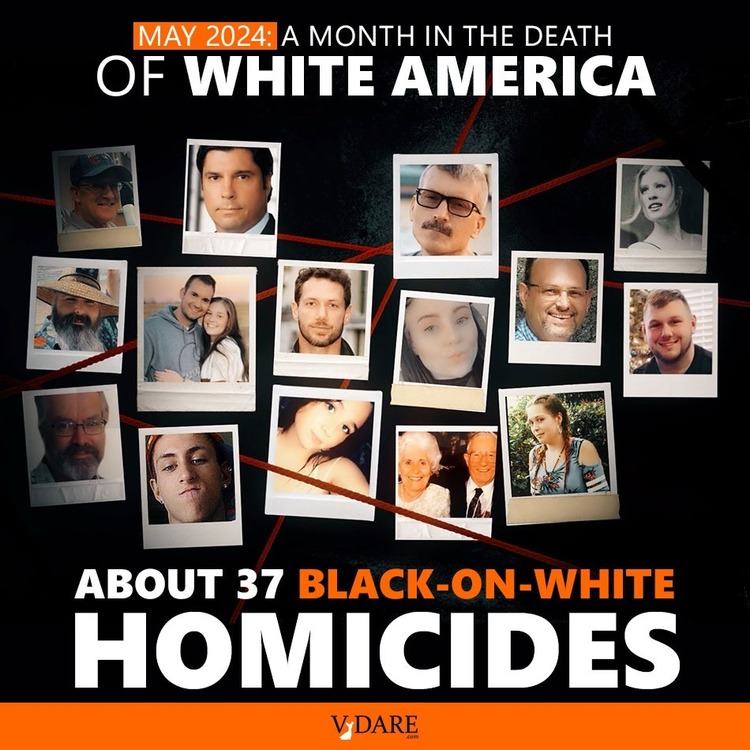If President Bush achieved nothing else in his Inaugural Address last week, he at least provided fodder for media pundits to chew on for a solid week or more.
This is an unusual accomplishment, even for inaugural addresses, most of which are endured and then ignored by those whose job it is to listen to them and talk and write about them.
It was predictable that Republicans would like the speech, but what was notable about responses to it was what the neo-conservatives had to say. “Say” is perhaps not quite the word.
Their reaction was less one of verbal articulation than the kind of gushing one hears in tidal waves and mud slides. The neo-cons liked the speech. They should have, since they essentially wrote it.
The neo-conservative influence on the inaugural address is obvious from its text. The president’s unqualified endorsement of pop utopianism, the Wilsonian principle that “it is the policy of the United States to seek and support the growth of democratic movements and institutions in every nation and culture, with the ultimate goal of ending tyranny in our world” is exactly what neo-cons have been peddling for decades.
It reflects their breezy assumption that “democracy” and “liberty” are virtual synonyms (an idea largely foreign to both classical political theory and the Founding Fathers, who thought they had established a republic that mixed forms of government, not a pure democracy). It accepts without question the assumption that “freedom” as the West understands it is a universal value for the whole world and can be institutionalized only in Western political forms.
And from those flawed premises, it draws the non sequitur that American foreign policy should therefore export freedom (meaning “democracy”) everywhere. The premises, the flawed logic, and the reckless conclusion are all neo-conservative commonplaces.
But the speech not only reflects neo-conservative ideology; it was in large part the work of neo-conservative hands. The Washington Postnoted that neo-cons like Bill Kristol, editor of the Weekly Standard and “a leading neoconservative thinker,” advised the president and his speechwriters on the address.[Speech Not a Sign of Policy Shift, Officials Say, Washington Post, Jan 21, 2005]
So were neo-conservatives Victor Davis Hanson and Charles Krauthammer, and so was Israeli politician (and neo-conservative) Nathan Sharansky, whom the president invited to the White House in November to talk about his own book on exporting democracy.
Predictably, the neo-cons not only helped write the speech but managed the gushing about it afterwards. “It was a rare inaugural speech that will go down as a historic speech, I believe,” Mr. Kristol swooned to the Post. “His importance as a world leader will turn out to be far larger than the sort of tactical issues that are widely debated and for which he is sometimes reviled,” neo-conservative kingpin Richard Perle solemnly pronounced a few days later. “Put this in a historic perspective: He’s already created profound change. All around the Middle East, they’re talking about the issue of democracy. They’re talking about his agenda. It’s an extraordinary thing.”
The neo-con domination of the inaugural address of course reflects their own continuing domination of the administration itself, now entrenched even more powerfully than in Mr. Bush’s first term. Just as the first term brought us war in Iraq, so the second we can expect to bring us wars—well—just about wherever the neo-cons want to wage them. By the logic of Mr. Bush’s speech, that could be almost anywhere that doesn’t conform to what he and they want.
As yet another neo-con gusher, Jonah Goldberg, affirmed, Mr. Bush’s foreign policy is “truly revolutionary.” In that description he concurs with liberal Robert Kagan of the Carnegie Endowment for International Peace, who writes that the president’s “goals are now the antithesis of conservatism. They are revolutionary.”
That’s OK, you see, because “the United States is a revolutionary power,” and Mr. Bush has now “found his way back to the universalist principles that have usually shaped American foreign policy, regardless of the nature of the threat.”
What is interesting here is not the flawed analysis of what has “usually shaped” our foreign policy but the convergence of neo-conservatism and liberalism. It’s interesting because for a generation it has been the constant theme of Old Right criticism of neo-conservatism that it is largely just liberal wine in a new bottle.
Woodrow Wilson, Franklin Roosevelt, Harry Truman, John F. Kennedy and Lyndon Johnson were liberals, and all remain neo-conservative heroes. Their foreign policies, and the words with which they defended and explained them, were barely distinguishable from what Mr. Bush wrapped himself and the nation in last week. The president perhaps accomplished something else in his address: He confirmed once and for all that the neo-conservatism to which he has delivered his administration and the country is fundamentally indistinguishable from the liberalism many conservatives imagine he has renounced and defeated.
 RSS
RSS





